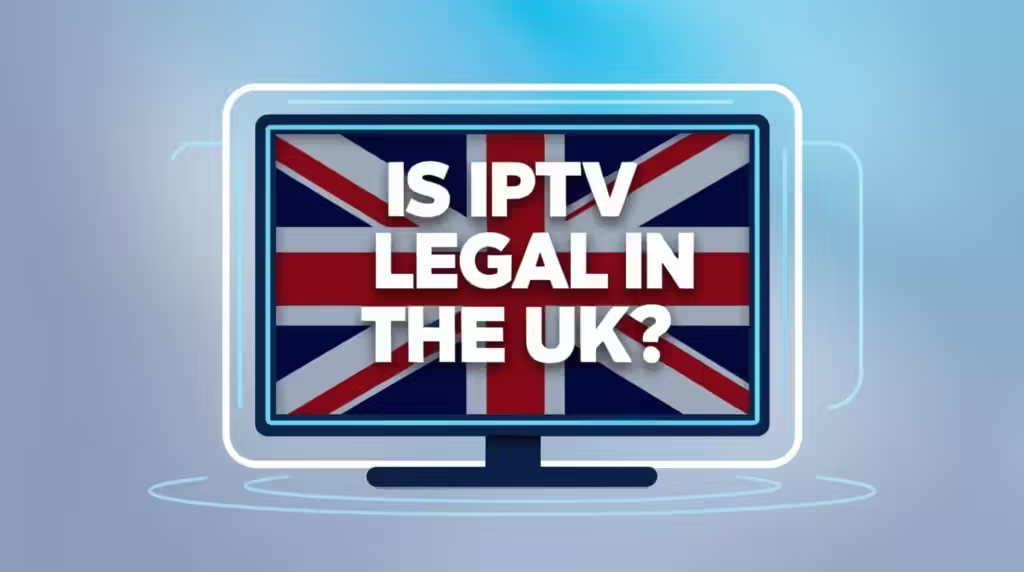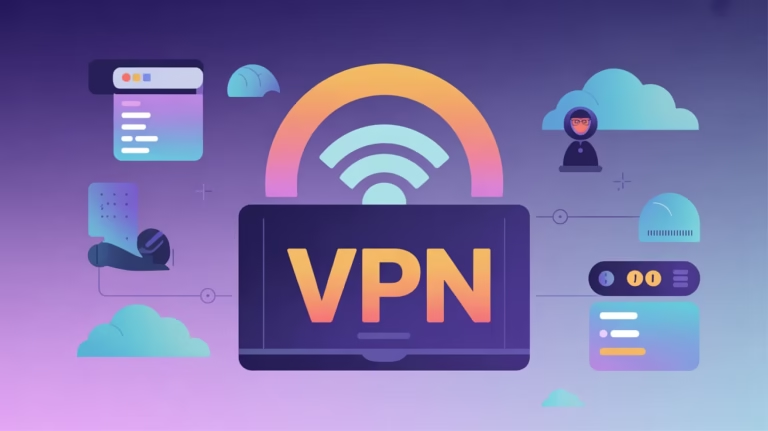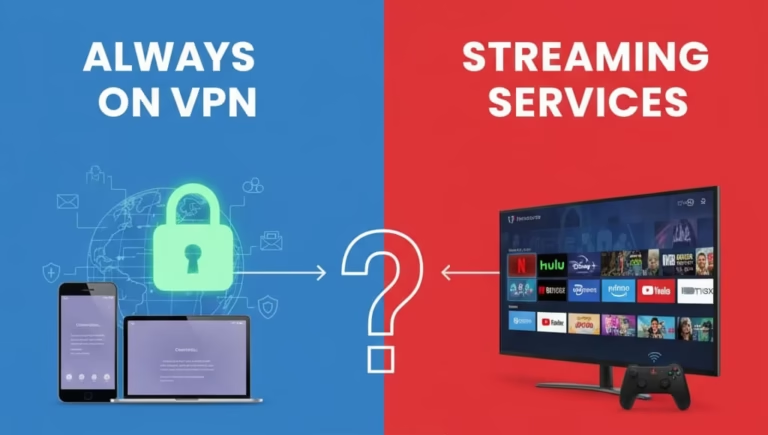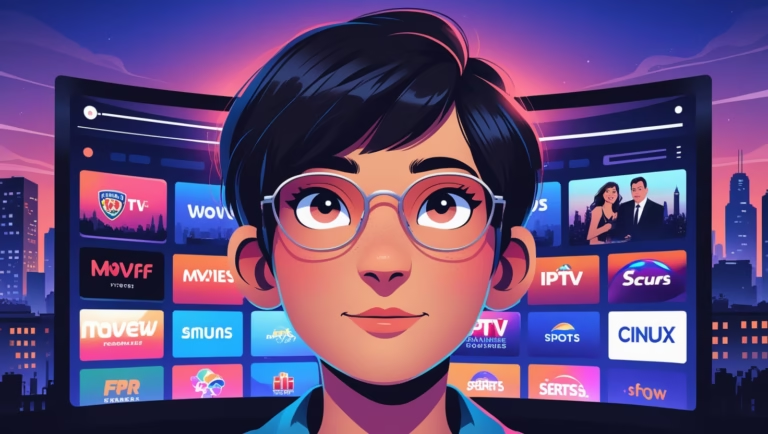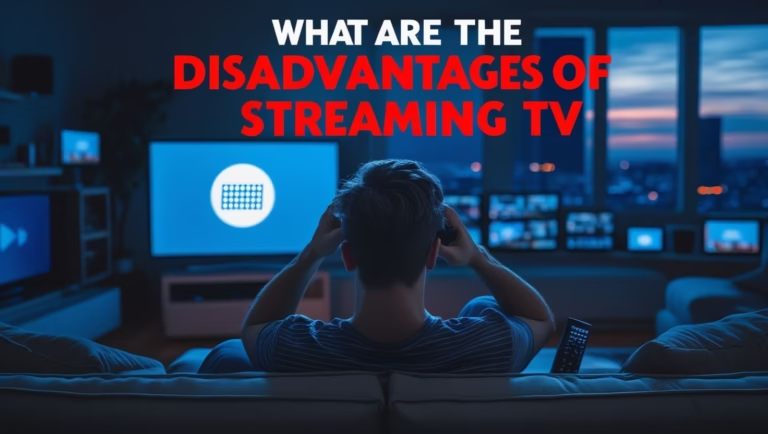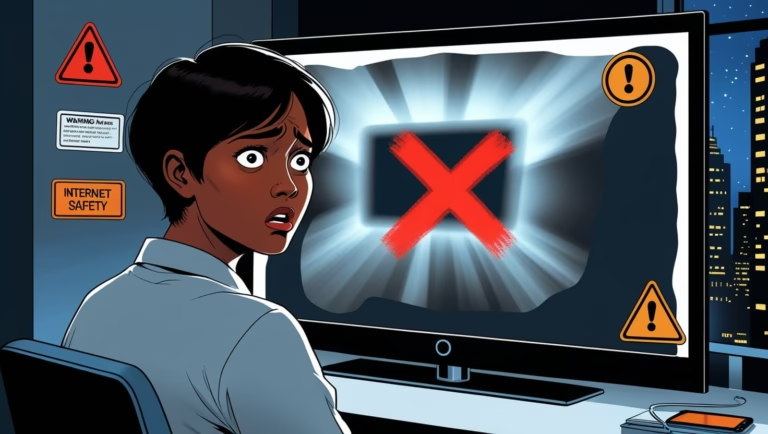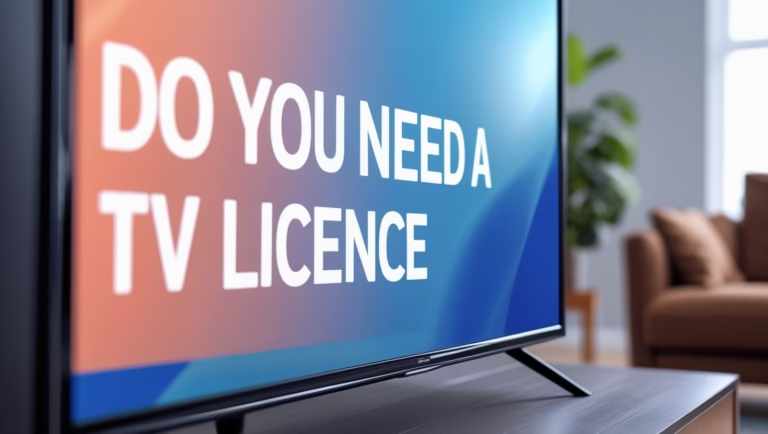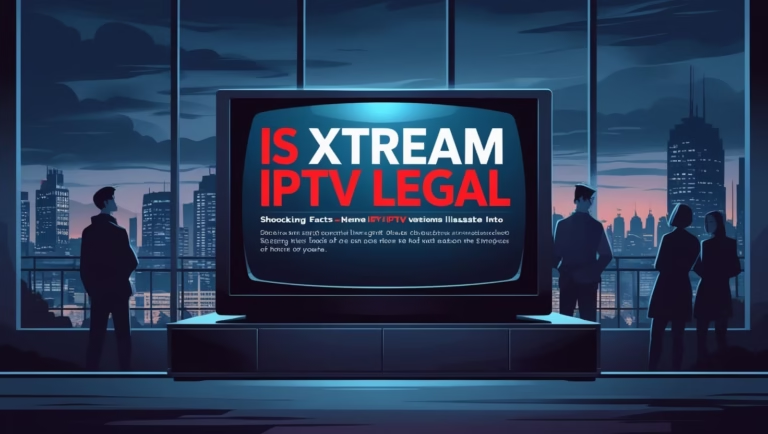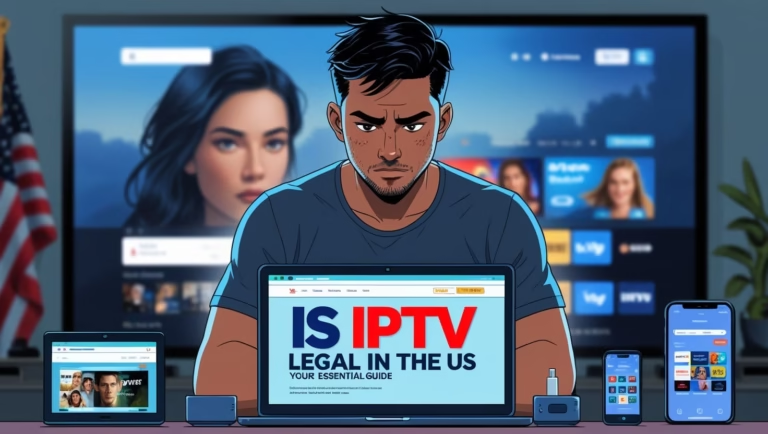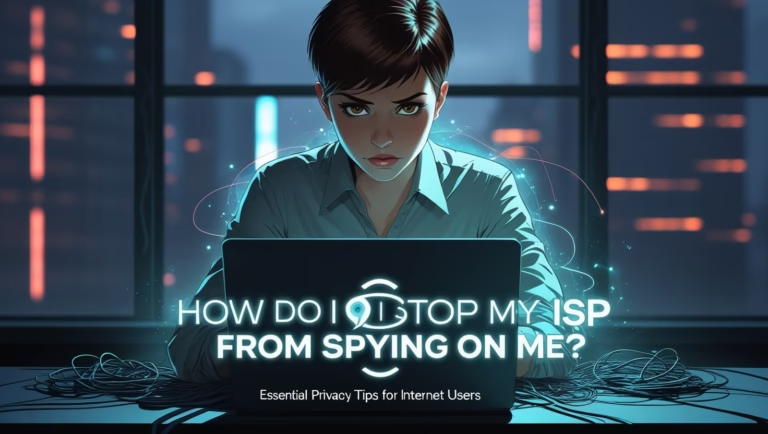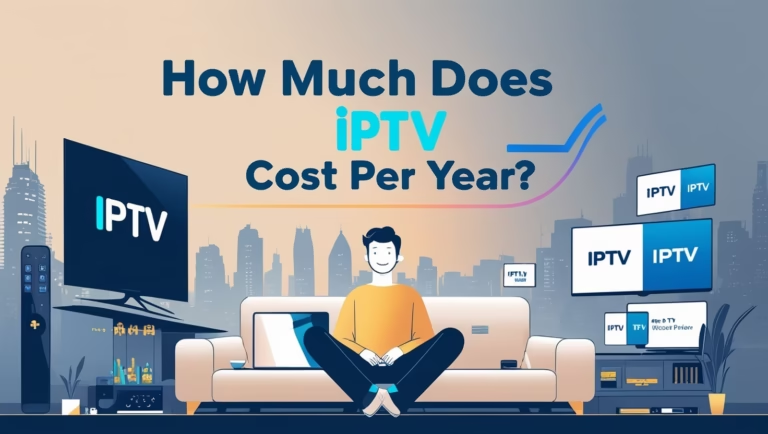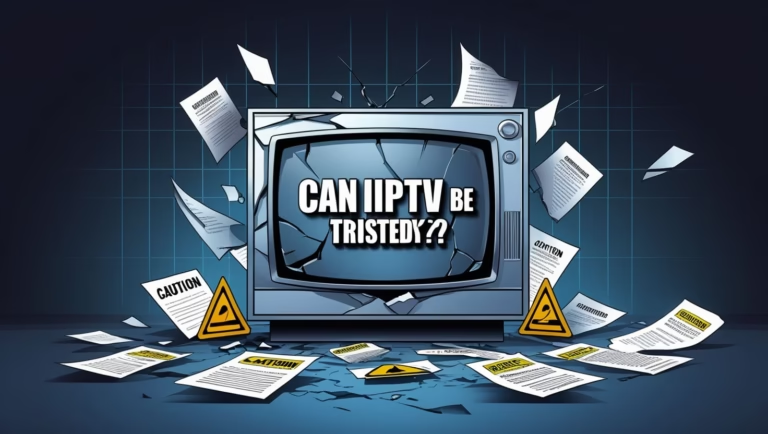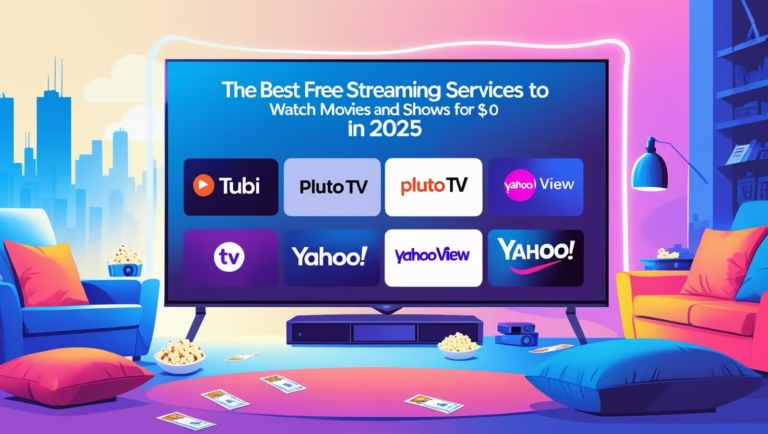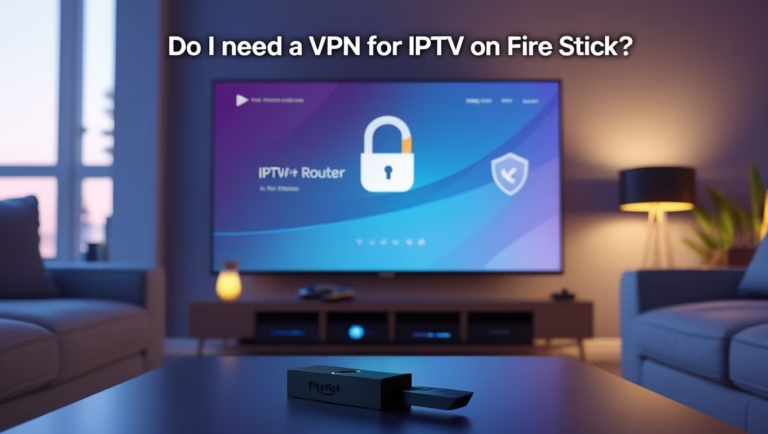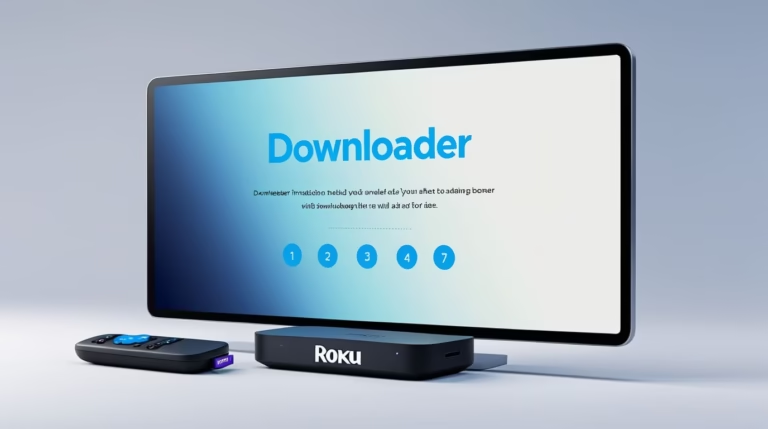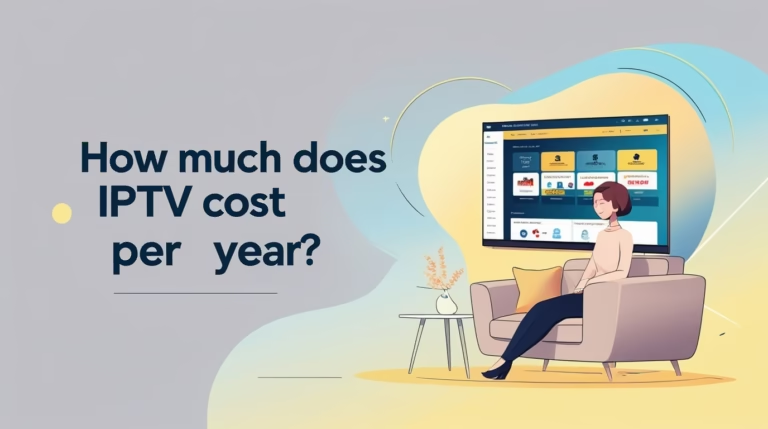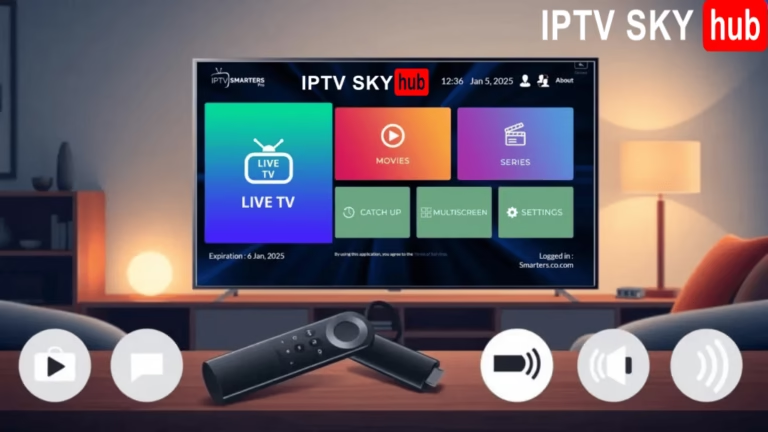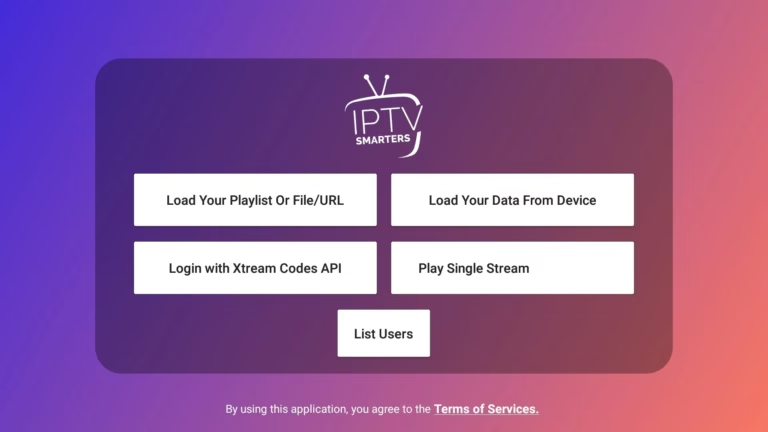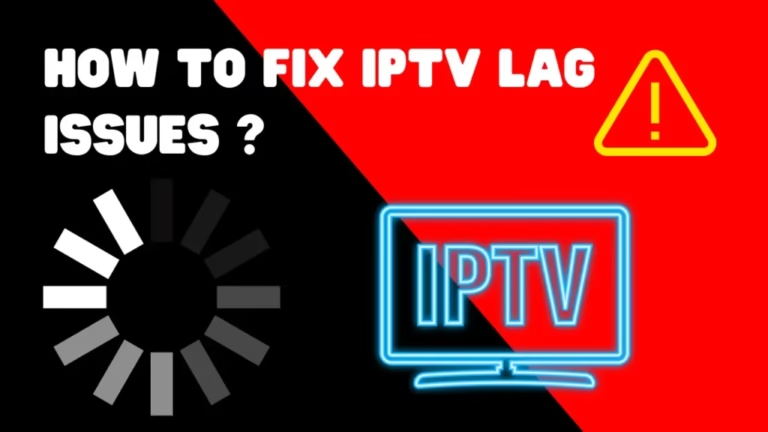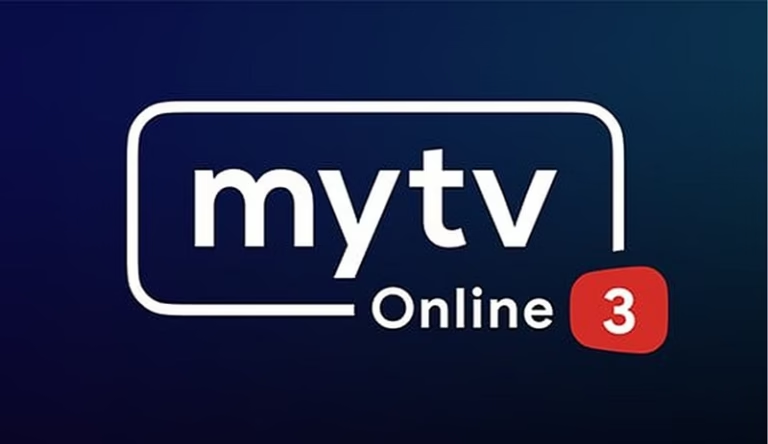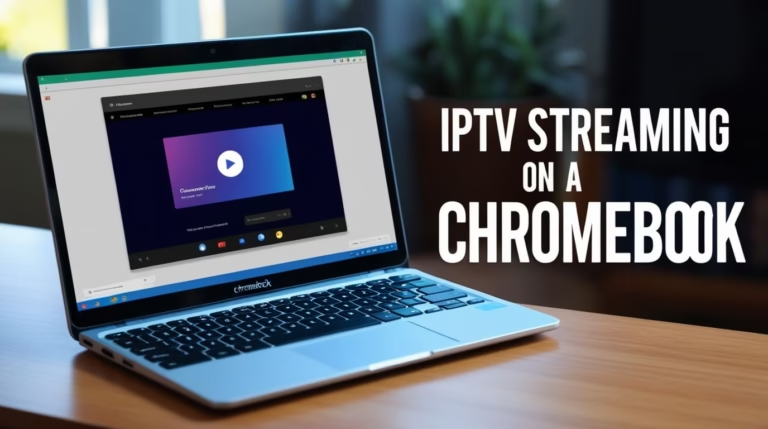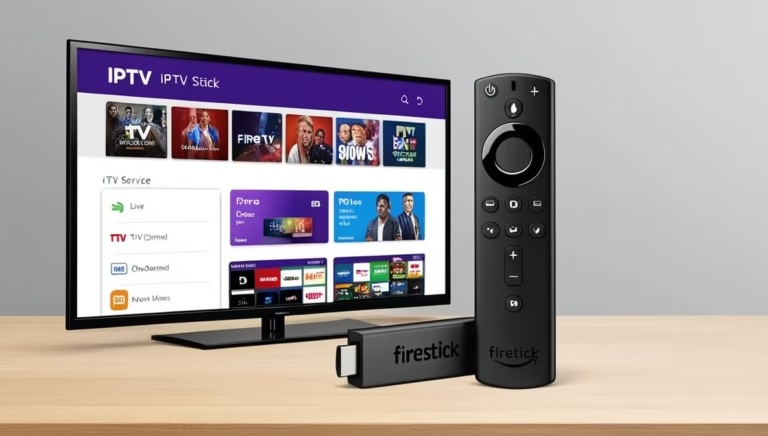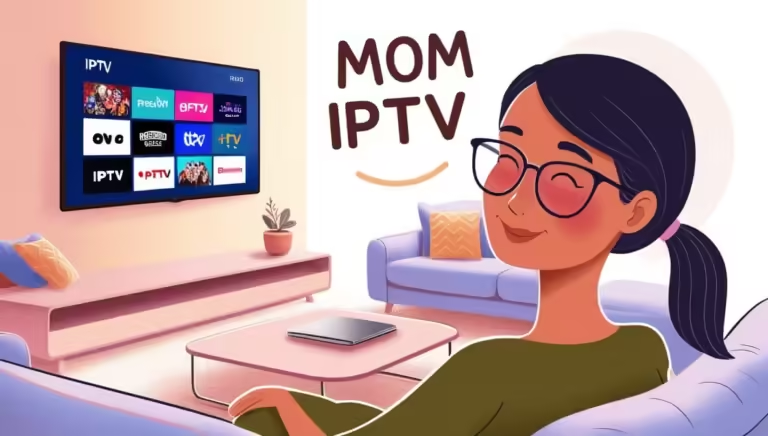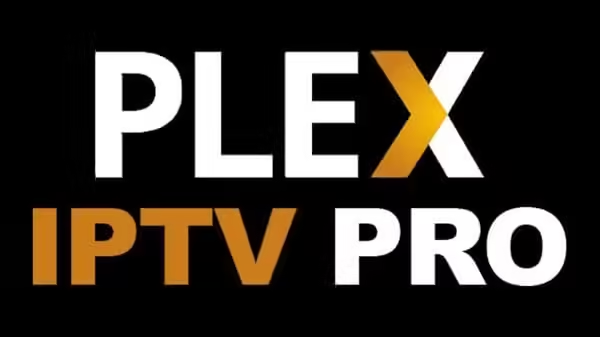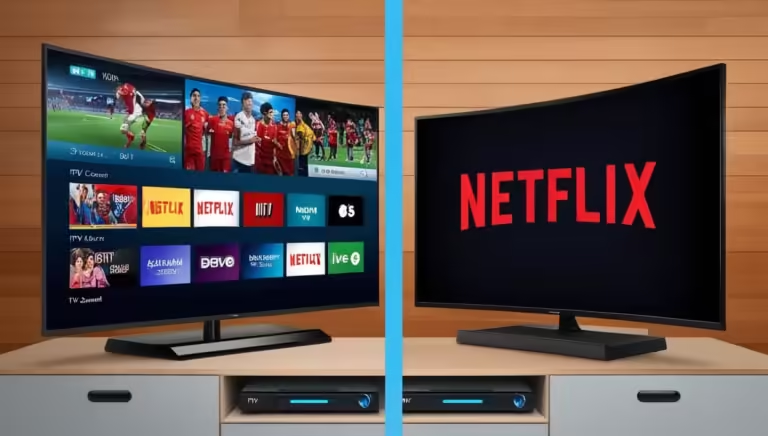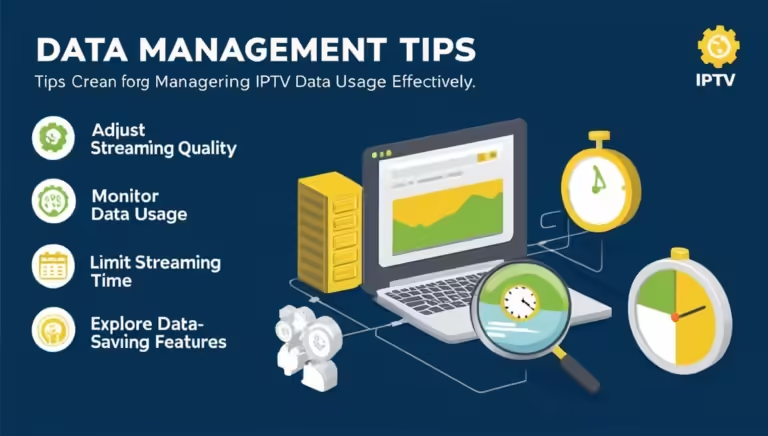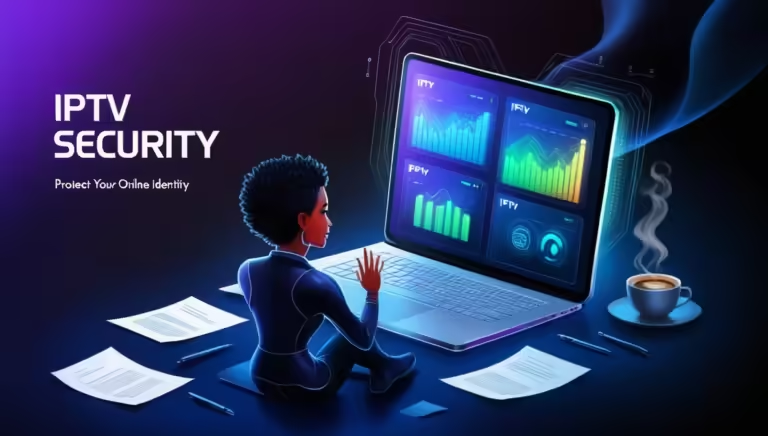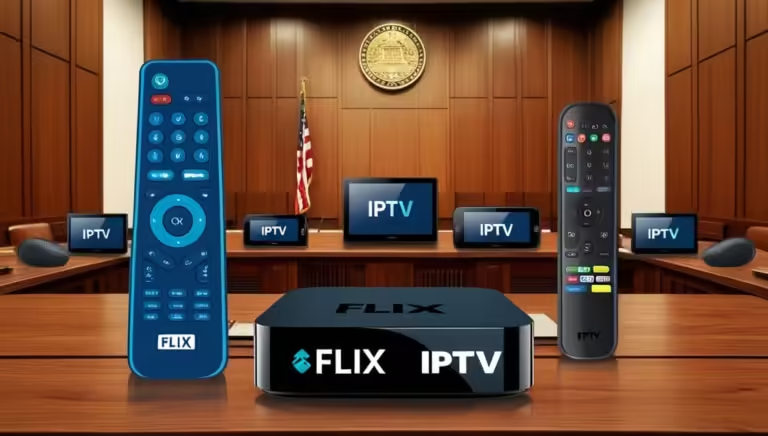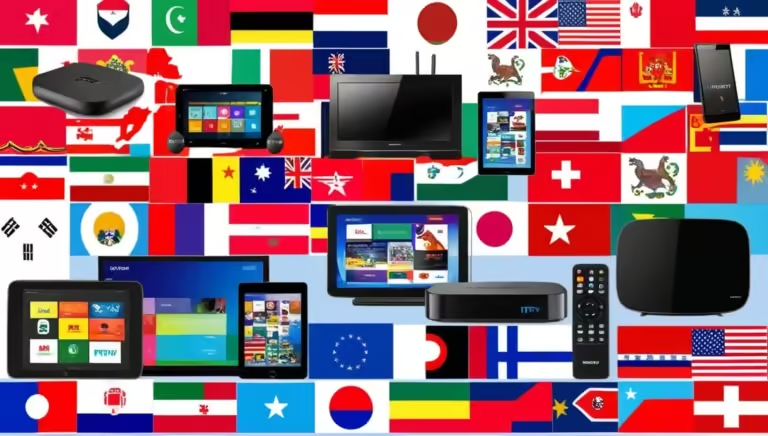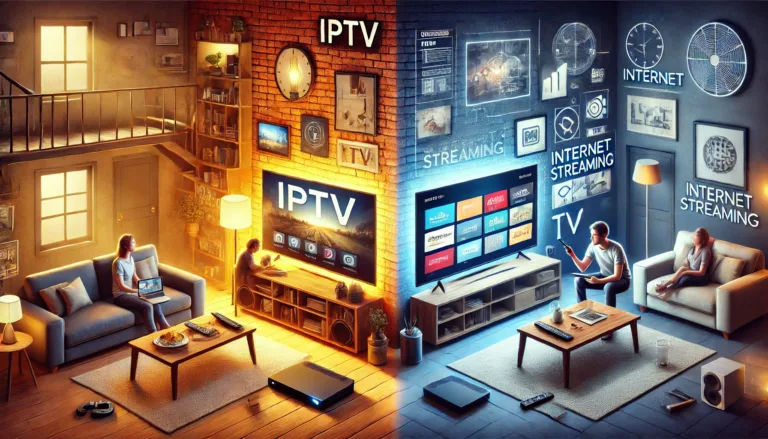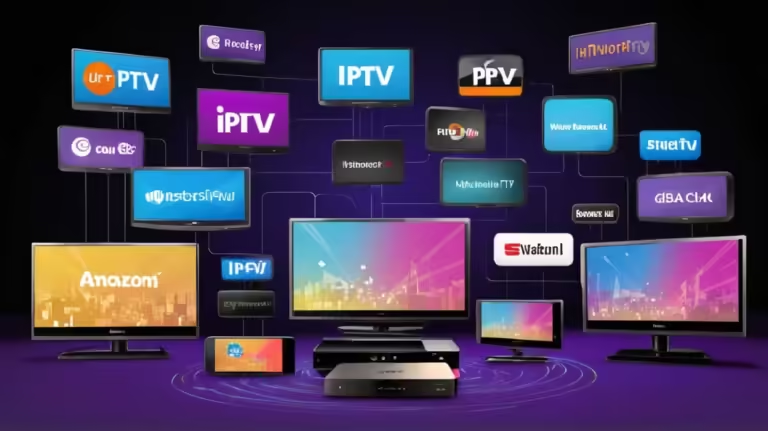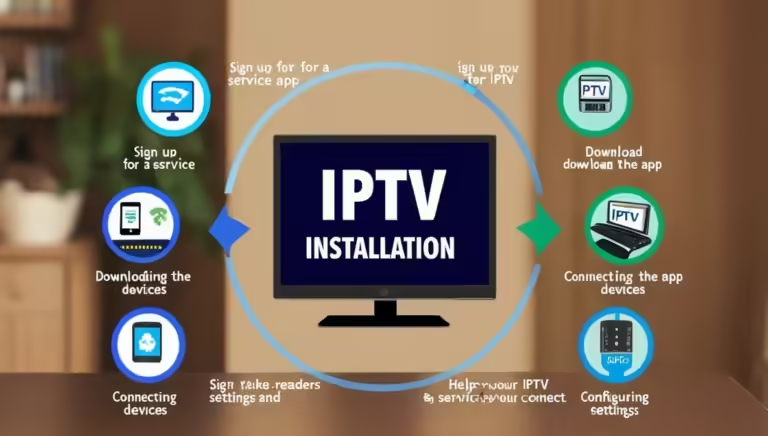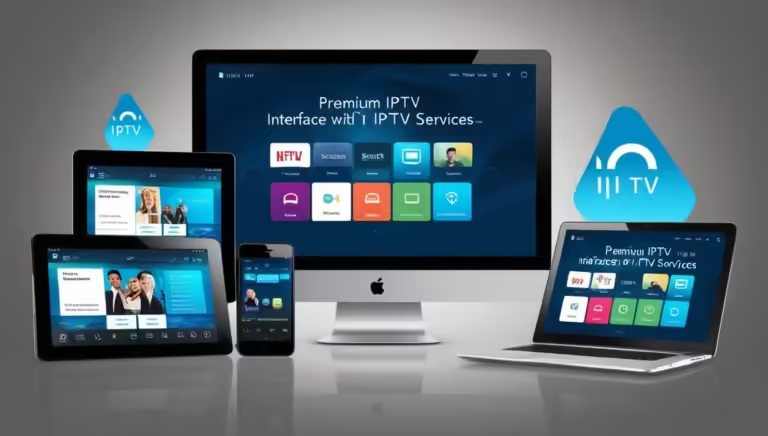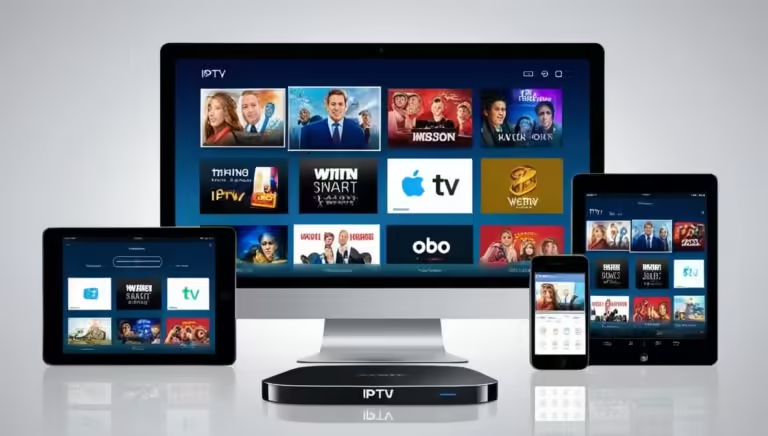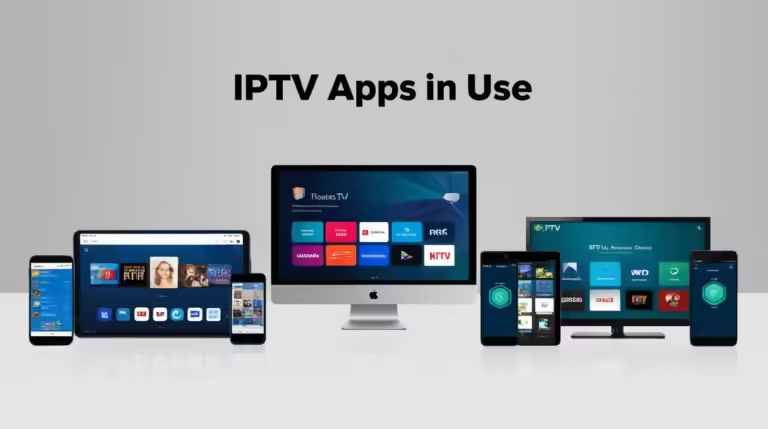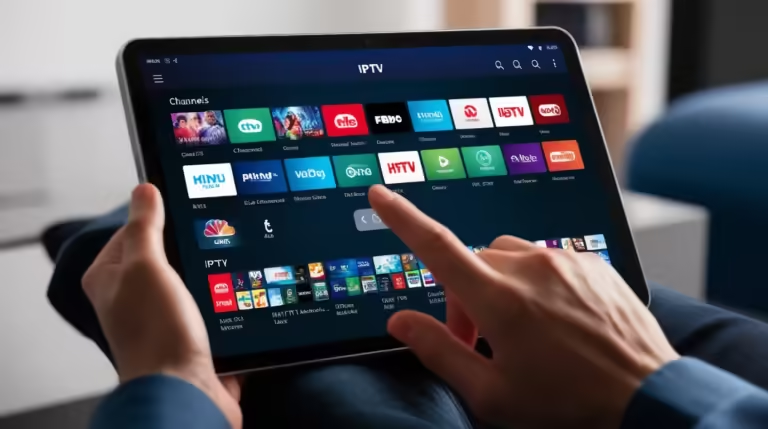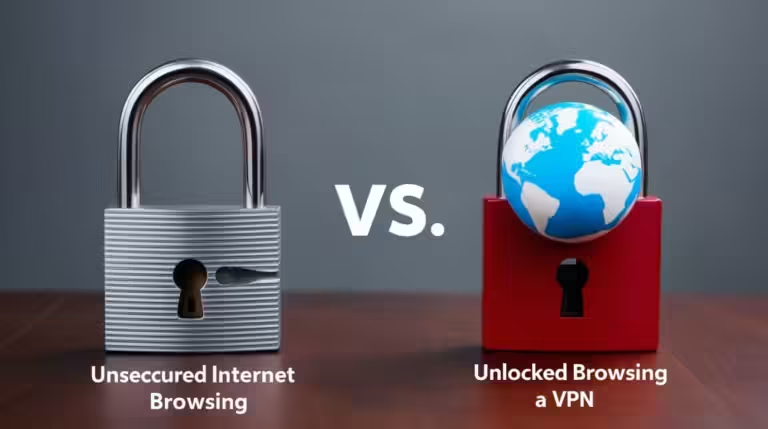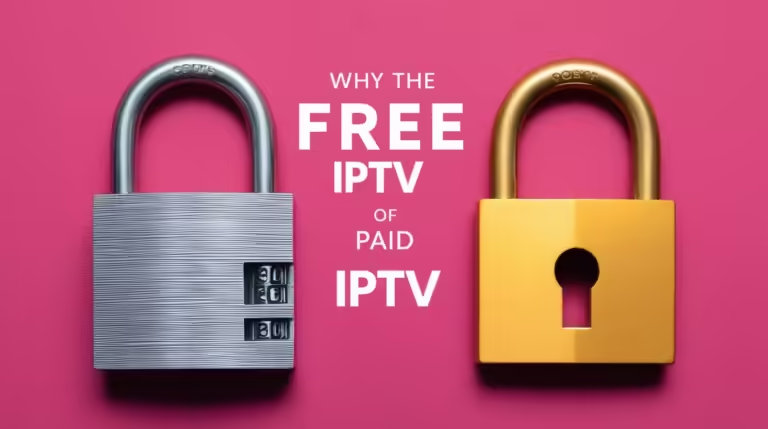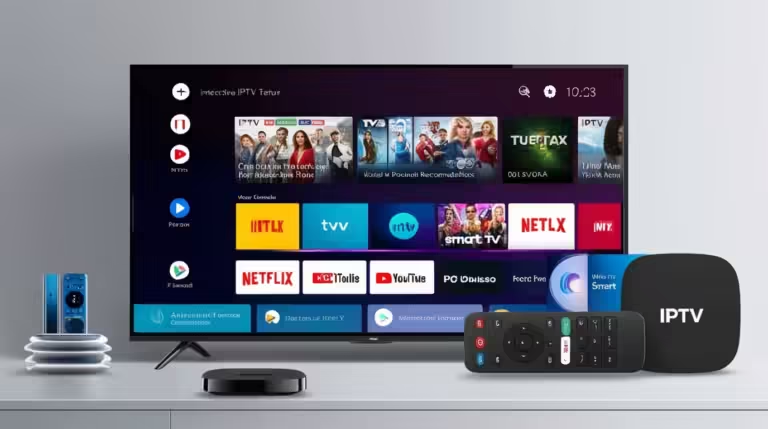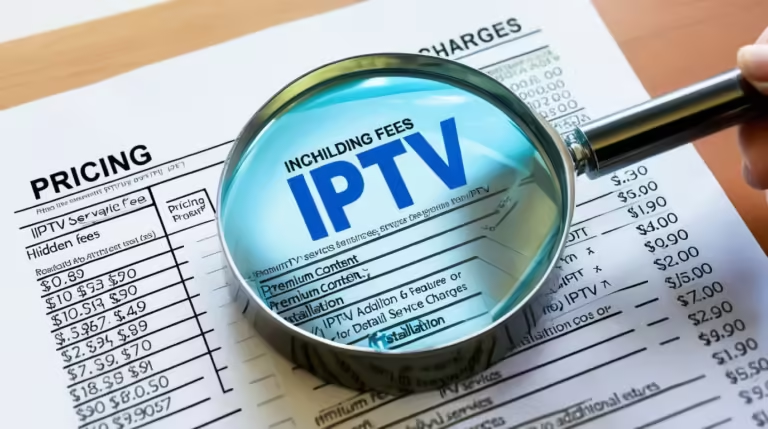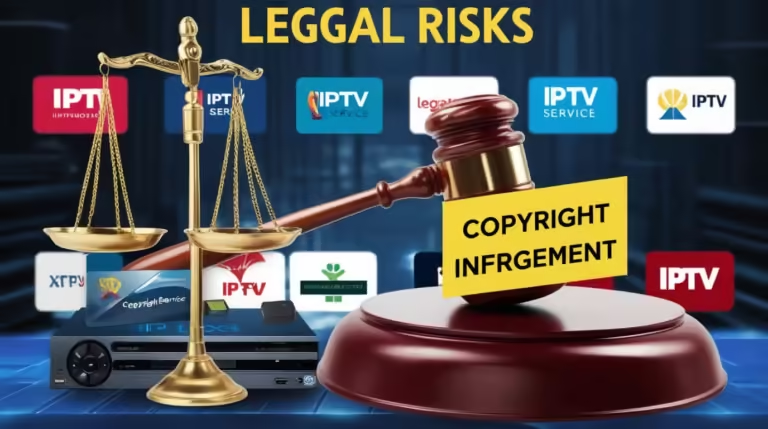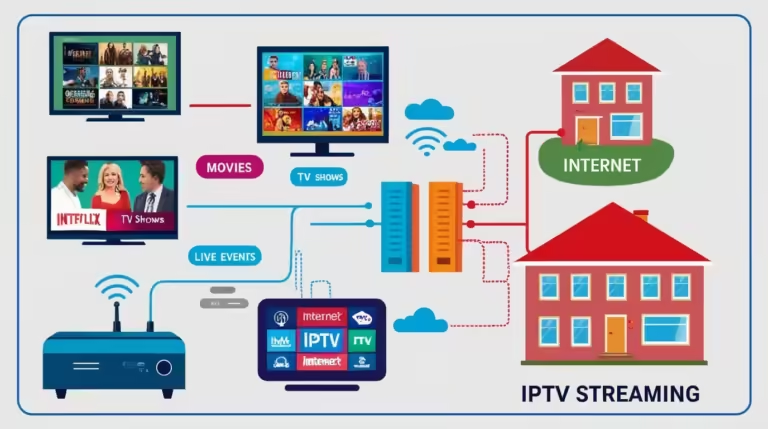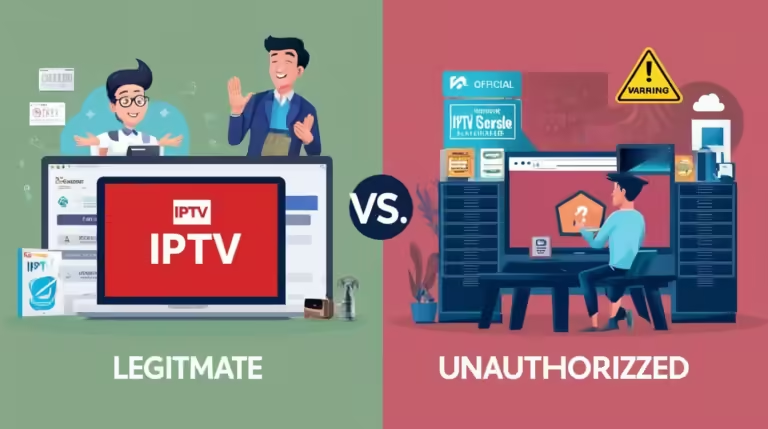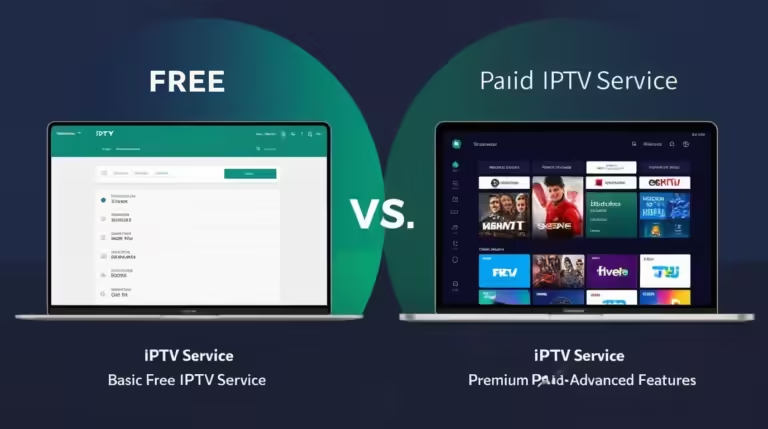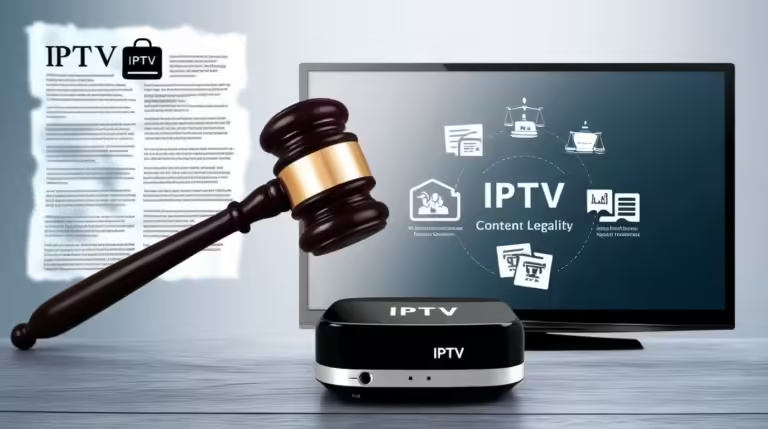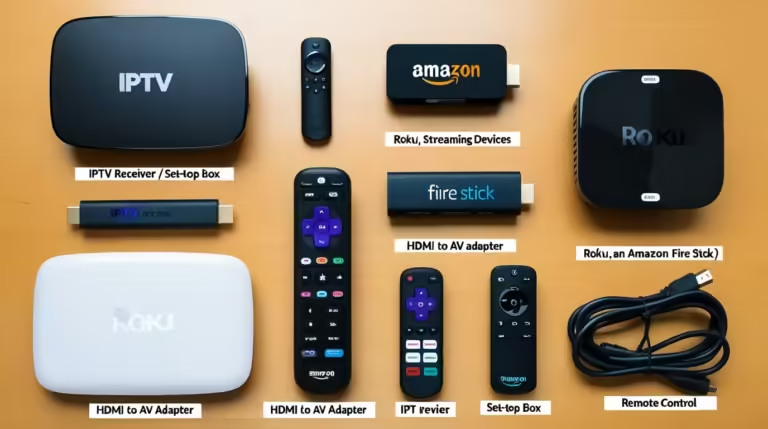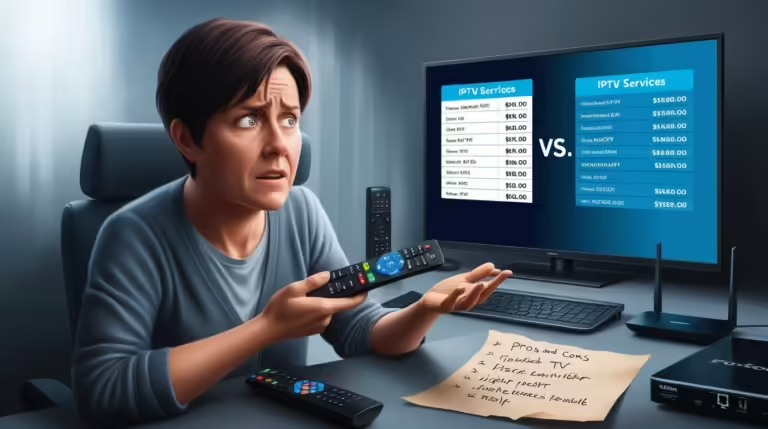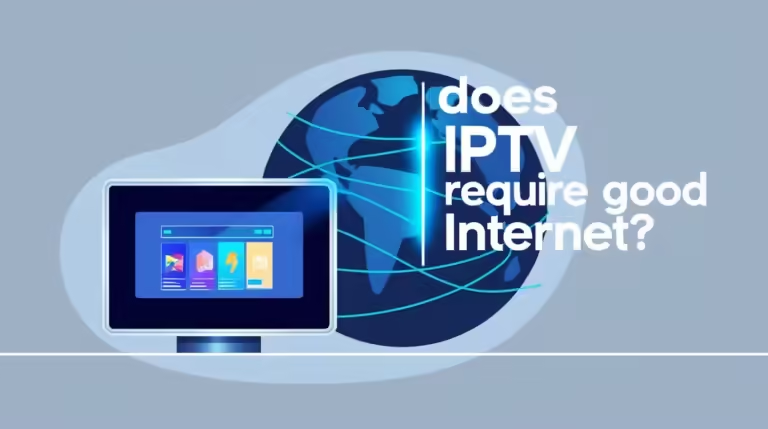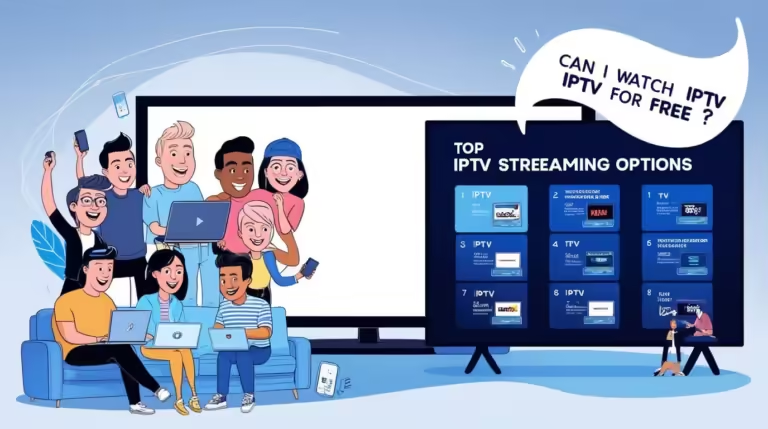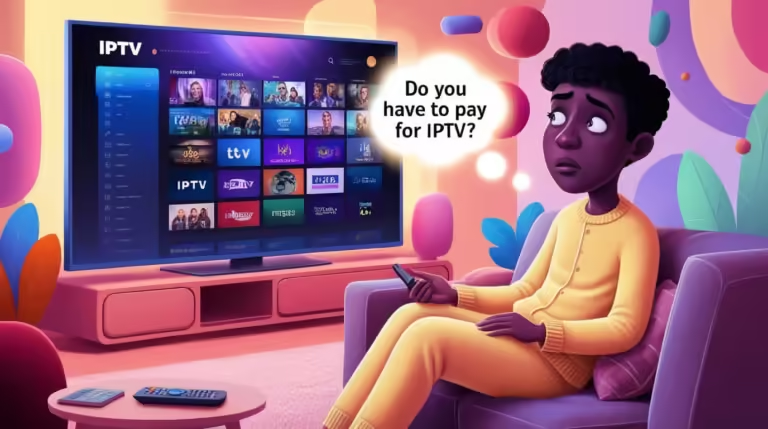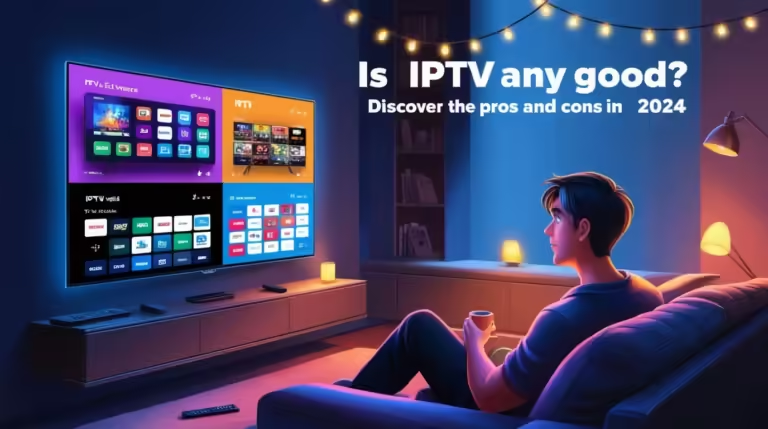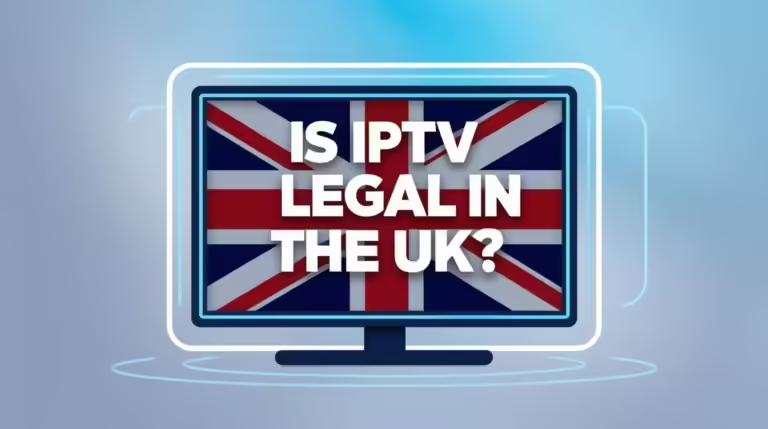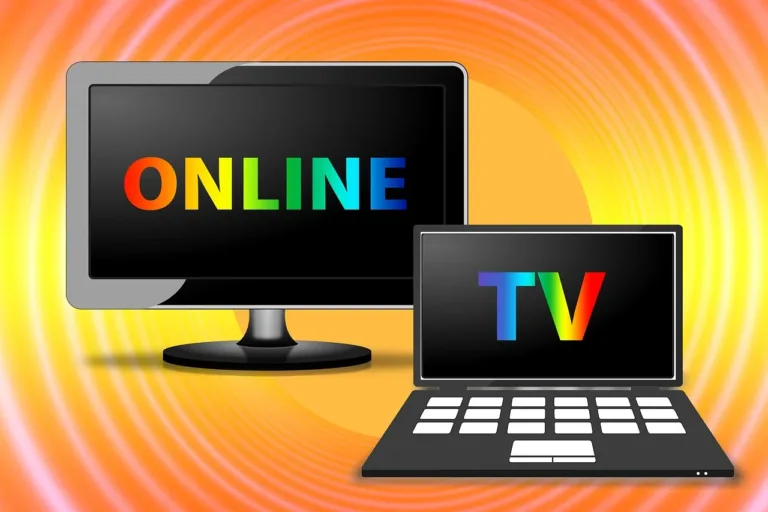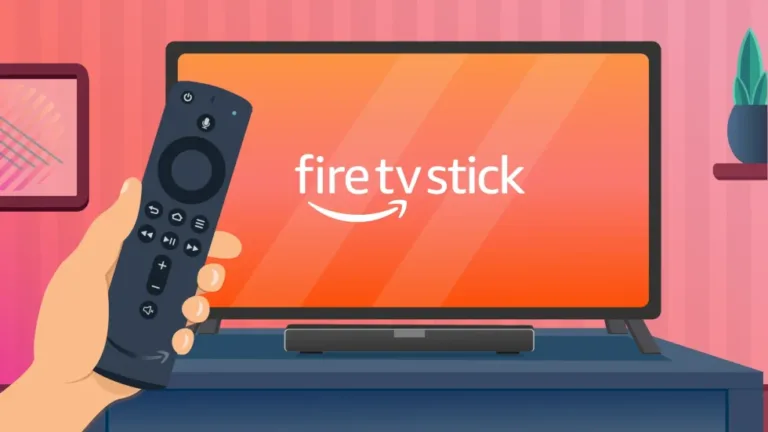Did you know that over 90% of UK homes now enjoy fast internet? This opens the door for new tech like IPTV. As traditional TV use drops, the question of IPTV’s legal status in the UK grows more important. Many wonder, is IPTV legal in the UK?
This guide will clear up the confusion. It will show which IPTV services are legal and which might not be. We aim to help users understand the legal side of IPTV in the UK.

Understanding IPTV and Its Popularity in the UK
IPTV, or Internet Protocol Television, is a new way to deliver TV content. It uses the internet instead of old satellite or cable systems. With faster internet and more people wanting to watch shows when they want, IPTV has become very popular.
What is IPTV?
IPTV lets viewers watch TV through the internet for a flexible and easy experience. It’s different from traditional TV, which has set schedules. IPTV has a huge library of shows that viewers can watch whenever they like. This change has helped IPTV grow in the UK.
Growth of IPTV Services in the UK
In the UK, more and more people are using IPTV services. Big names like BT and Sky are adding more to their IPTV options. This has led to a big increase in IPTV use. People like it because they can watch what they want, when they want, making it a big part of entertainment today.
Comparison with Traditional Broadcasting Methods
IPTV is cheaper and easier to get than traditional TV. Old TV methods often had set packages that didn’t let viewers choose much. IPTV lets users pick their favorite channels or shows, making it a better deal for many. This has made IPTV a popular choice, leading to questions about if it’s legal in the UK.

| Feature | IPTV | Traditional Broadcasting |
|---|---|---|
| Content Delivery | Internet-based | Satellite/Cable |
| Cost | Pay-per-channel options | Fixed package subscriptions |
| Accessibility | On-demand viewing | Scheduled programming |
| Interactivity | High (e.g., VOD, catch-up TV) | Limited |
Is IPTV Legal in the UK?
The IPTV legal status in the UK is often debated among viewers. It’s important to know what makes IPTV services legal. Legal IPTV services let you watch content with the right permissions from copyright owners.
Defining Legal IPTV Services
In the UK, legal IPTV services have the right licenses and permissions. They offer shows from well-known networks or providers. Some top services include:
- Sky TV
- Virgin Media
- BT TV
Using these services means you follow the law and enjoy your shows safely.
Consequences of Using Illegal IPTV Services
Illegal IPTV services can lead to big legal problems. You could face fines or even criminal charges if you use them. Not knowing about IPTV laws in the UK can lead to breaking them by accident. The risks of using illegal IPTV are:
- Financial penalties
- Legal action from copyright holders
- Loss of access to content
Knowing the difference between legal and illegal services helps avoid these issues.

IPTV Regulations in the UK
It’s important to know the laws about IPTV in the UK. Many rules and laws cover IPTV services. They make sure creators’ rights are protected and control how content is shared. These laws affect both service providers and users.
Overview of Relevant Laws
The Copyright, Designs and Patents Act is key in protecting creators’ rights. It requires service providers to have licenses. This helps solve UK IPTV legality issues. Laws on data protection also apply to IPTV providers.
Regulatory Bodies Governing IPTV
Ofcom is the main group that watches over IPTV in the UK. It checks if IPTV services follow the rules. Ofcom works on making sure content is good and protects users. It also deals with illegal services and helps providers compete fairly.

IPTV Legal Status in the UK
As digital entertainment grows, knowing about IPTV laws in the UK is key. The legal rules for IPTV show how services work under UK laws. They set limits for providers and users. These rules come from copyright laws and telecom regulations, making sure content is legal to access and share.
Current Legal Framework
The UK Copyright, Designs and Patents Act 1988 shapes IPTV services. It’s the base for checking if streaming content is legal. IPTV providers must get the right licenses to share content. If they don’t, they could face big penalties. This shows why it’s important for users to pick legal IPTV services that follow UK laws.
Key Legal Cases Involving IPTV
Some big legal cases have changed the IPTV world. They set rules for users and providers. Cases against big broadcasters and IPTV platforms show the risks of sharing content without permission. These cases make it clear how serious copyright laws are today. It’s important for users to know these laws to use IPTV safely.
FAQ
Is IPTV legal in the UK?
Yes, IPTV is legal in the UK if it’s a legitimate service with the right licenses. Services without permission are illegal.
What are IPTV legality UK regulations?
IPTV in the UK follows laws like the Copyright, Designs and Patents Act. This ensures content is legal. Services must get rights from copyright holders.
What is the legal status of IPTV in the UK?
IPTV’s legal status in the UK depends on the provider’s licenses. Legal services follow rules, while illegal ones don’t.
What are the consequences of using illegal IPTV services?
Using illegal IPTV can lead to fines, legal trouble, or other penalties. Make sure your IPTV has the right to distribute content.
What are the IPTV legal guidelines in the UK?
UK IPTV guidelines stress the need for licenses and copyright law compliance. Always check your IPTV service’s legitimacy.
What regulatory bodies govern IPTV in the UK?
Ofcom is the main body that oversees IPTV in the UK. It enforces laws to keep the IPTV sector in check.
Are there any legal cases affecting IPTV legality in the UK?
Yes, many legal cases have impacted IPTV in the UK. They’ve set precedents and clarified IPTV laws.
Is streaming IPTV legal in the UK?
Streaming IPTV is legal in the UK if the service has the right licenses. Be careful to use legal services.

